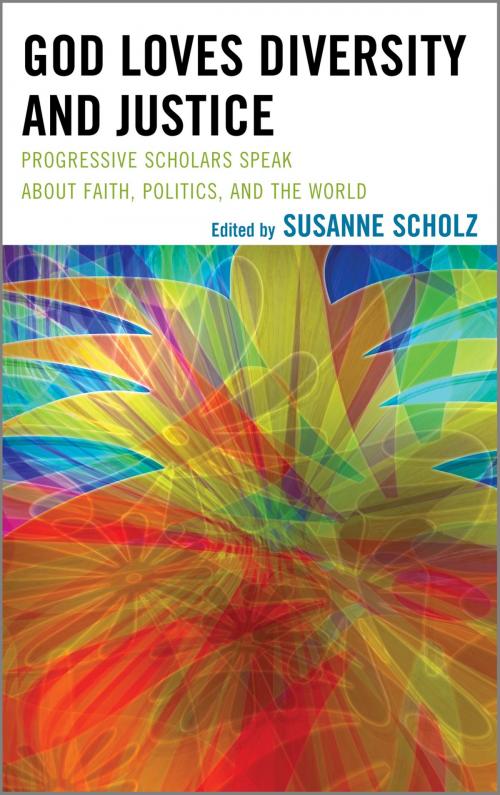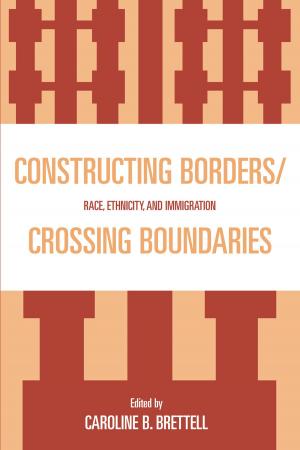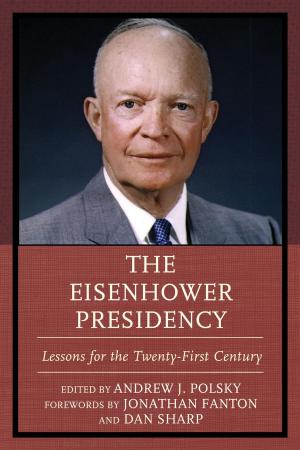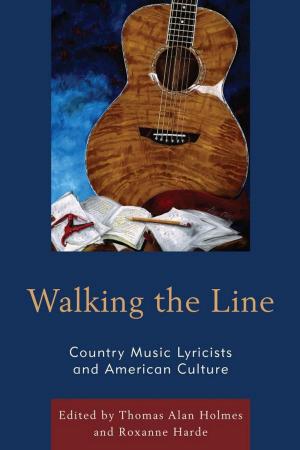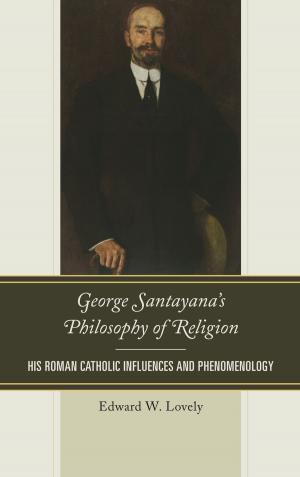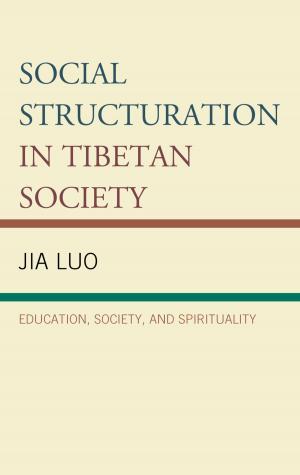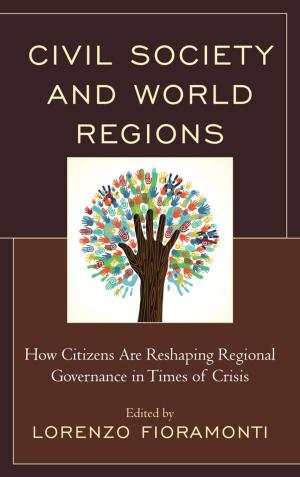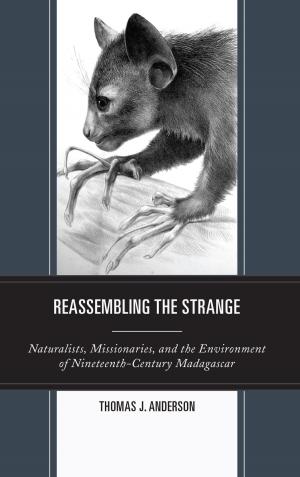God Loves Diversity and Justice
Progressive Scholars Speak about Faith, Politics, and the World
Nonfiction, Religion & Spirituality, Theology, Ethics, Inspiration & Meditation, Faith, Reference, Comparative Religion| Author: | Pat Davis, Maria A. Dixon, Marc H. Ellis, Victoria Fontan, Serge Frolov, Susanne Johnson, Gordene MacKenzie, Pamela J. Milne, Qudsia Mirza, Nancy Nangeroni, Isam M. Shihada, Nikky-Guninder Kaur Singh, Sze-kar Wan, Joerg Rieger, Vanderbilt University; author of Christ And Empire | ISBN: | 9780739173190 |
| Publisher: | Lexington Books | Publication: | May 16, 2013 |
| Imprint: | Lexington Books | Language: | English |
| Author: | Pat Davis, Maria A. Dixon, Marc H. Ellis, Victoria Fontan, Serge Frolov, Susanne Johnson, Gordene MacKenzie, Pamela J. Milne, Qudsia Mirza, Nancy Nangeroni, Isam M. Shihada, Nikky-Guninder Kaur Singh, Sze-kar Wan, Joerg Rieger, Vanderbilt University; author of Christ And Empire |
| ISBN: | 9780739173190 |
| Publisher: | Lexington Books |
| Publication: | May 16, 2013 |
| Imprint: | Lexington Books |
| Language: | English |
Both personal and scholarly in tone, this book encourages readers to think theologically, ethically, and politically about the statement that declares: “God loves diversity and justice.” The multi-religious, multi-ethnic, multi-disciplinary, and multi-gendered identities of the eleven contributors and two respondents deepen the conversation. It considers questions such as: Do we affirm or challenge this theological statement? Do we concentrate on “God” in our response or do we interrogate what diversity and justice mean in light of God’s love for diversity and justice? Alternatively, do we prefer to ponder the verb, to love, and consider what it might mean for society if people really believed in a divinity loving diversity and justice? Of course, there are no easy and simple answers whether we consult the Sikh scriptures, the Bible, the Qur’an, the movies, the Declaration of Human Rights, or the transgender movement, but the effort is worthwhile. The result is a serious historical, literary, cultural, and religious discourse that fends against intellectually rigid thought and simplistic belief systems across the religious spectrum. In our world in which so much military unrest and violence, economic inequities, and religious strife prevail, such a conversation nurtures theological, ethical, and political possibilities of inclusion and justice.
Both personal and scholarly in tone, this book encourages readers to think theologically, ethically, and politically about the statement that declares: “God loves diversity and justice.” The multi-religious, multi-ethnic, multi-disciplinary, and multi-gendered identities of the eleven contributors and two respondents deepen the conversation. It considers questions such as: Do we affirm or challenge this theological statement? Do we concentrate on “God” in our response or do we interrogate what diversity and justice mean in light of God’s love for diversity and justice? Alternatively, do we prefer to ponder the verb, to love, and consider what it might mean for society if people really believed in a divinity loving diversity and justice? Of course, there are no easy and simple answers whether we consult the Sikh scriptures, the Bible, the Qur’an, the movies, the Declaration of Human Rights, or the transgender movement, but the effort is worthwhile. The result is a serious historical, literary, cultural, and religious discourse that fends against intellectually rigid thought and simplistic belief systems across the religious spectrum. In our world in which so much military unrest and violence, economic inequities, and religious strife prevail, such a conversation nurtures theological, ethical, and political possibilities of inclusion and justice.
